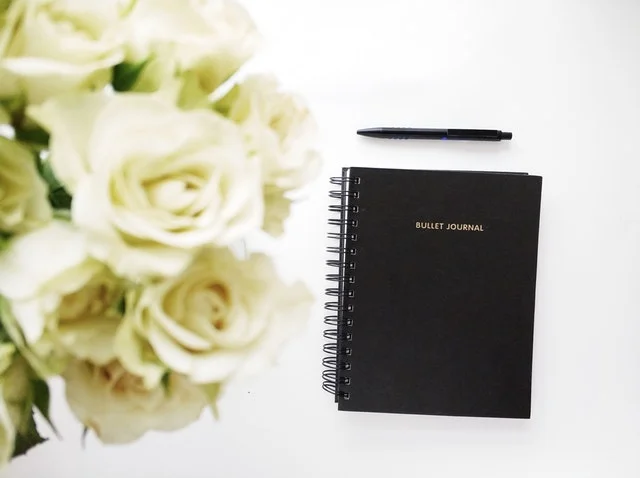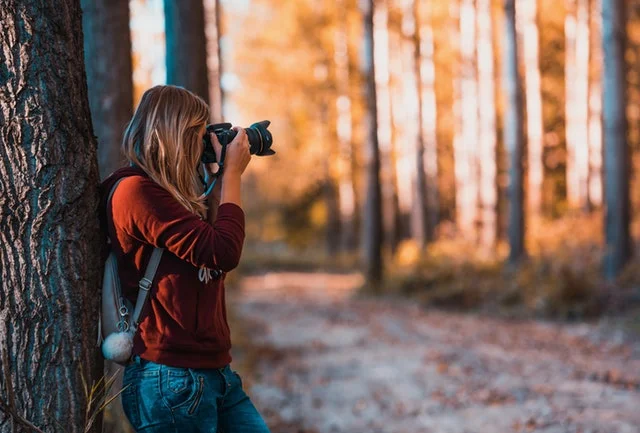Should You Get a Job or Freelance?
On Saturday morning, I got up fairly early, around 5:30 a.m., partly out of nerves and partly out of habit. I was scheduled to speak alongside a fellow freelancer Bob Chiarito at the Illinois College Press Association, an annual gathering of student journalists from various Illinois colleges including my alma mater, Columbia College Chicago.
Wading through the sea of aspiring student journalists brought back memories of my time as a writer and editor at The Columbia Chronicle, Columbia’s award-winning student newspaper. (Congrats on racking up a slew of awards this weekend, by the way!) It was odd to be on the other side of things, having been published in national and Chicago-based publications after graduating college in December 2014. Bob and I were asked to speak to students about freelance journalism. Bob’s work has appeared in The Daily Herald, Reuters and Chicago Magazine.
You can see the hour-long presentation we gave during ICPA 2018 below.
After the panel, two lovely, young women journalists of color approached me with excellent follow-up questions. One of those questions, though, got me thinking about how to get started in the industry. One of the women asked me whether it was better to get a full-time job or to start freelancing right out of college. She also wanted to know whether it was safer to be a staffer or a freelancer, safer both financially and physically.
Now is a fairly tumultuous, yet invigorating time to be a journalist. At a time when citizens are very engaged with journalism and it’s civic importance, many journalists are losing their jobs left and right.
One the other hand, freelancing is very unpredictable. You can gain some stability by picking up a few anchor clients and consistently marketing your work. But freelancers have to cope with cashflow ebbs and flows and lack of benefits like health insurance and retirement. And while some freelancers choose the independent life, many wind up there because they’re suddenly without a full-time reporting position. Not to mention the dangers that could come to reporters in the U.S. and abroad.
I rambled a bit, but I eventually gave her a more succinct answer: if you can get a job or internship after graduating, take it. Soak in as much knowledge as possible. Given that companies are using your skills, use them for their resources and their expertise. Build your portfolio and start freelancing if you need to or one to later on in your career.
If you start out working a regular job, you can build up your savings before transitioning into freelancing, have clips of your work to show to potential freelance clients and make connections within the industry who can set you up with clients down the road.
While it’s relatively more stable to obtain a full-time job or internship upon graduation, I also think there’s value in freelancing. For one thing, it teaches you how to hustle for stories, makes you become more efficient in your reporting and gives you the freedom to choose your stories and lifestyle. For early-career journalists, freelancing also allows you to try new beats outside of the beat at your job or internship. I always thought I’d be working in women’s magazines (and I have written for them recently) but I started my career with a lot of business and technology reporting. Who knew?
In short, freelancing is great, but it’s really hard. Stock up your toolbox with the things you need to craft the life you want.
Did you freelance when you graduated college? How did it influence your career? Tell me in the comments or email me at contact@thefreelancebeat.com.





